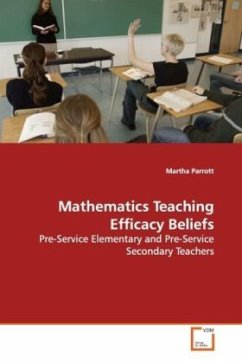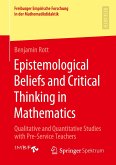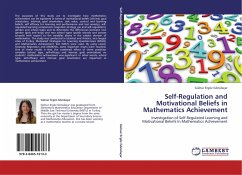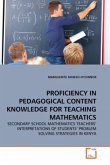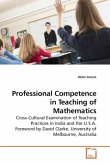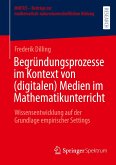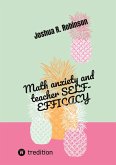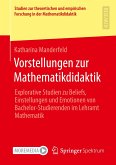Every year, eager pre-service teachers graduate from
universities and look forward to stepping into their
own classrooms for the first time. All too often,
however, this enthusiasm is short lived because these
beginners encounter challenges along the way that may
result in their early departure from the profession.
The problem of attrition may be addressed long
before the student of teaching transitions to
teacher. A meaningful response begins at the
university when teacher education programs provide
experiences that prepare beginners for the realities
of the profession. An important part of this
preparation is the opportunity for future teachers to
explore their belief systems, and efficacy beliefs in
particular since they influence a teacher's ability
to cope with daily classroom challenges. This study
examines the mathematics teaching self-efficacy
beliefs and outcome expectancy beliefs of pre-service
elementary and pre-service secondary
teachers and suggests implications for promising
teacher education practices.
universities and look forward to stepping into their
own classrooms for the first time. All too often,
however, this enthusiasm is short lived because these
beginners encounter challenges along the way that may
result in their early departure from the profession.
The problem of attrition may be addressed long
before the student of teaching transitions to
teacher. A meaningful response begins at the
university when teacher education programs provide
experiences that prepare beginners for the realities
of the profession. An important part of this
preparation is the opportunity for future teachers to
explore their belief systems, and efficacy beliefs in
particular since they influence a teacher's ability
to cope with daily classroom challenges. This study
examines the mathematics teaching self-efficacy
beliefs and outcome expectancy beliefs of pre-service
elementary and pre-service secondary
teachers and suggests implications for promising
teacher education practices.

